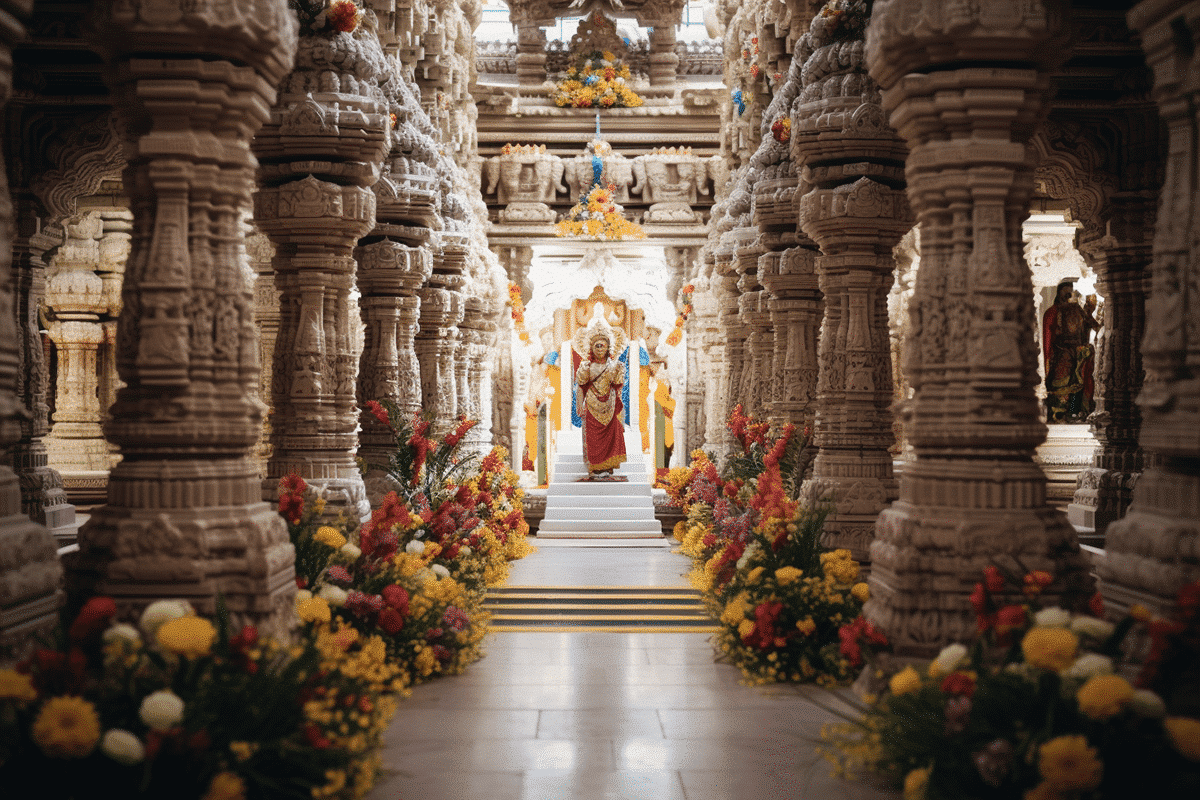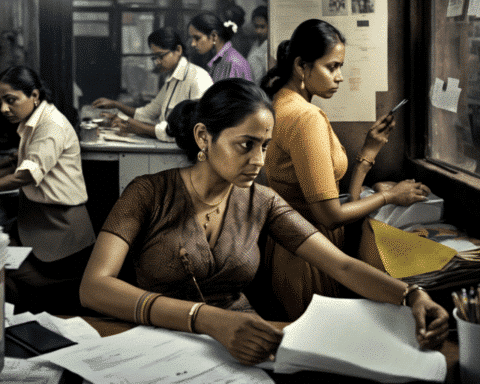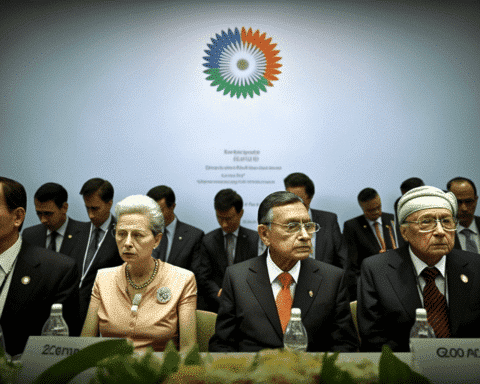Indian Prime Minister Narendra Modi inaugurated a highly contentious Hindu temple in Ayodhya on January 22, 2024, marking a significant moment for India’s politics and religious landscape. The event, seen as part of Modi’s election campaign, has generated both jubilation and criticism.
The inauguration fulfilled a long-standing demand by millions of Hindus who revere Lord Ram and view the temple as a symbol of their faith and heritage. For Hindu nationalists, including Modi’s Bharatiya Janata Party (BJP), the temple represents the reclamation of Hindu pride and identity, which they believe were suppressed during centuries of Mughal and British rule.
Modi’s government turned the event into a national occasion, organizing live screenings across the country and even closing offices for half a day. With elections expected in the spring, the temple inauguration is widely viewed as the start of Modi’s campaign to secure a third successive term in office. Critics argue that the hasty opening of the temple is a tactic to woo voters.
Modi’s role in the inauguration of the temple highlights the growing fusion of religion and politics in India. His 11-day pilgrimage to various Ram temples before the inauguration set the tone for the event and underlines the erosion of the boundary between religion and state during his tenure.
The site’s history is marred by controversy. The Babri Mosque, which once stood at the location, was demolished in 1992 by Hindu mobs who believed it was built on temple ruins marking the birthplace of Lord Ram. The destruction led to violent riots across India, resulting in numerous casualties, primarily among the Muslim community.
In 2019, India’s Supreme Court ruled that the mosque’s destruction was an “egregious violation” of the law but granted the site to Hindus, while providing Muslims with an alternate plot of land. This decision put an end to a long-standing legal dispute but remains a source of tension between religious communities.
The temple’s inauguration has received mixed reactions within India. While many Hindu devotees celebrate the historic moment, some prominent religious authorities and opposition leaders have boycotted the event, citing concerns about its timing and political exploitation.
Neighboring Pakistan has condemned the consecration, expressing concerns about the desecration and destruction of religious sites in India. Pakistan’s Foreign Ministry called for international assistance to protect Islamic heritage sites and minority rights in India.
The Ayodhya temple inauguration underscores the ongoing disputes over religious sites in India. Several historical mosques in northern India are currently embroiled in court disputes over claims by Hindu nationalists that they were built over temple ruins. These issues continue to test the balance between religious sentiments and legal rights in the country.
As the temple opens its doors to the public, India grapples with the enduring complexities of faith, politics, and history in its diverse and pluralistic society.




